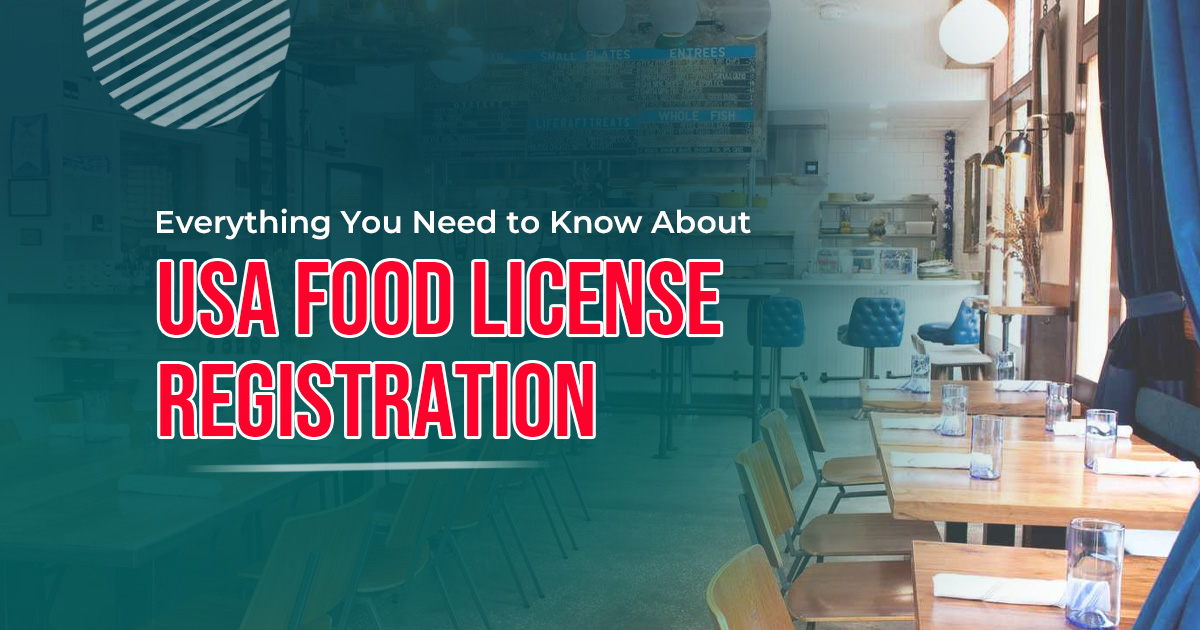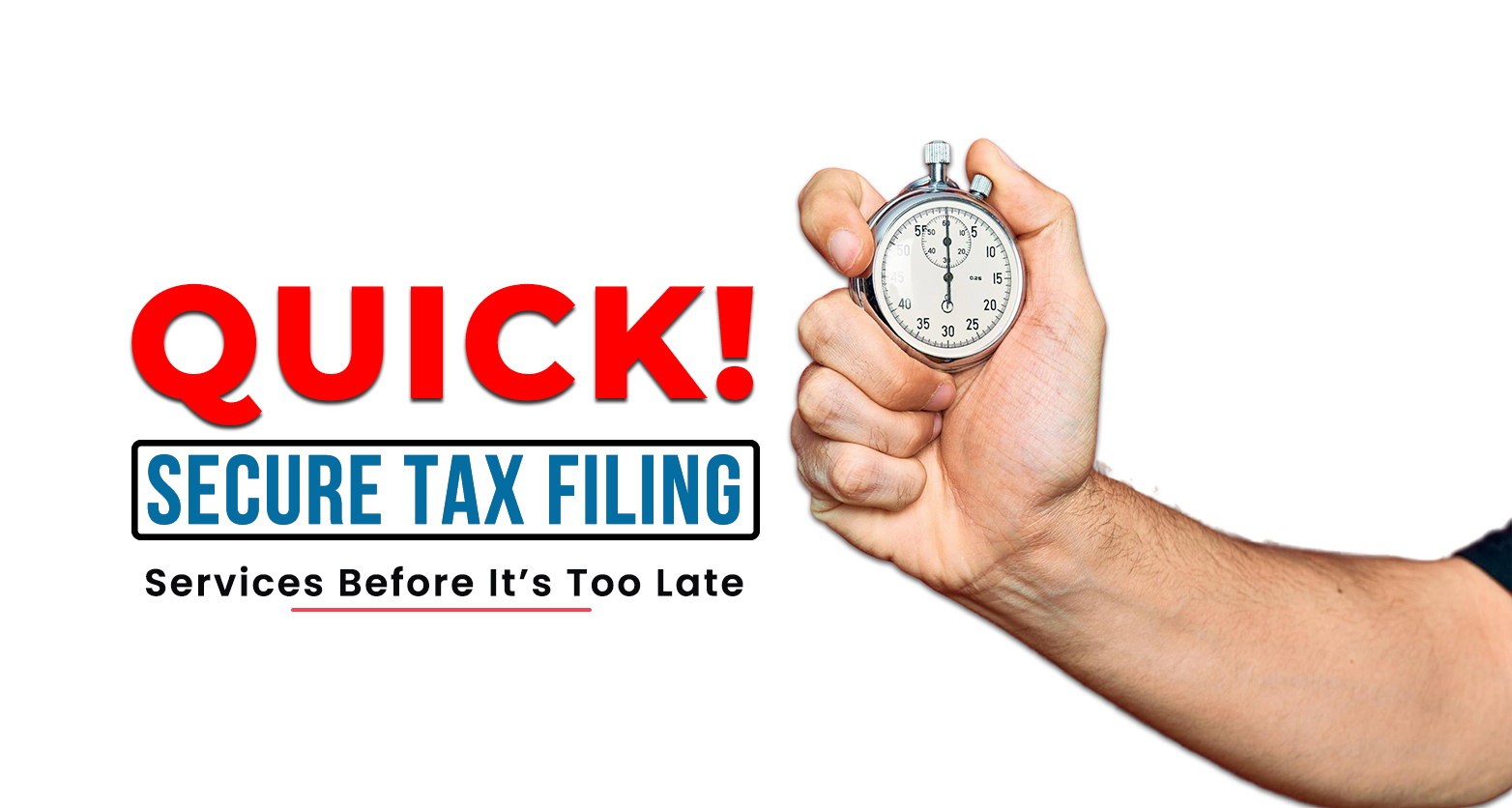
Everything You Need to Know About USA Food License Registration
Starting a food business in the USA is exciting but involves navigating various regulatory requirements, including obtaining a Food Permit License in the USA. This guide simplifies the process of securing food licenses at local, state, and federal levels, helping food business owners and entrepreneurs manage the necessary steps with ease.
What is a Food Permit License Registration?
A food license, or food establishment permit, is a certification required by regulatory authorities to prepare, serve, or sell food legally. Issued by local health departments or state agencies, it ensures compliance with food safety regulations and varies based on the type of food business
Why Do You Need a Food Permit License in the USA?
Food licenses are essential to ensure public health and safety. They verify that your business complies with regulations related to food handling, preparation, storage, and sanitation. Failing to obtain the required licenses can result in significant penalties, such as fines, business shutdowns, or legal consequences.
Whether you’re opening a restaurant, launching a food truck, or selling homemade goods, obtaining the correct permits is a crucial step
Types of Food Permits and Licenses in the USA
The type of food permit or license you need depends on the nature of your business. Common licenses include:
- Retail Food License: This is for businesses like grocery stores and food trucks that sell directly to customers.
- Food Handling Permit: Required for businesses that handle, prepare, or serve food.
- Catering License: For businesses offering off-site food services.
- Food Manufacturing License: For companies involved in food production or processing.
The Registration Process Step-by-Step
Research Requirements: Check with your local health department or state agency to determine the specific food license requirements for your business type.
Submit Application: Complete and submit the necessary application forms, including details about your business and food safety procedures.
Inspection & Payment: Schedule an inspection for your facility and pay any required fees to receive your food license.
Overcoming Common Challenges
Understanding Regulations: Different food businesses have unique requirements. Verify the latest requirements with your local regulatory authorities.
Managing the Application Process: The process can be intricate and challenging. Seek help from health department tutorials or customer service if needed.
Meeting Health Standards: Ensure proper employee training on food handling. Refer to the FDA’s Food Code for guidance.
Documentation & Facility Compliance: Review all documents to avoid delays. Budget for any necessary facility upgrades to meet standards.
Managing Costs: If costs are a concern, explore grants or small business loans for support.
Staying Updated:
Regulations change frequently. Subscribe to updates or consult with legal experts to stay informed.
Our local government or partnering with legal consultants specializing in food services
Benefits of Proper Licensing
Securing the proper food permit lecense offers significant advantages. It shows your commitment to health and safety, builds customer trust, and helps you avoid operational disruptions caused by non-compliance.Proper licensing and compliance make a business more appealing to investors and improve its long-term viability
Ensuring a food license is essential for legal and safe business operations. While the process may have challenges, understanding regulations, staying organized, and seeking help can make it easier. By following the steps and overcoming obstacles, you can ensure your business is compliant, trusted, and successful



